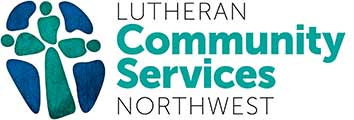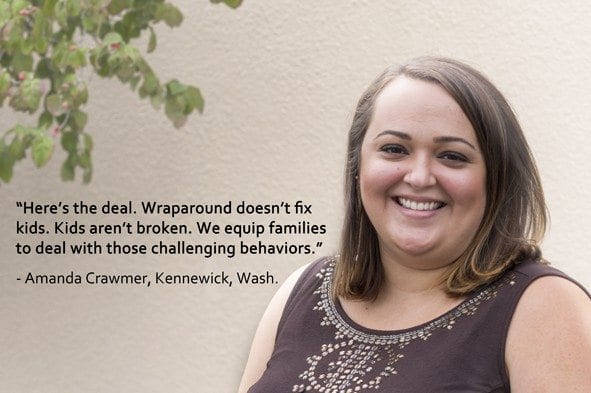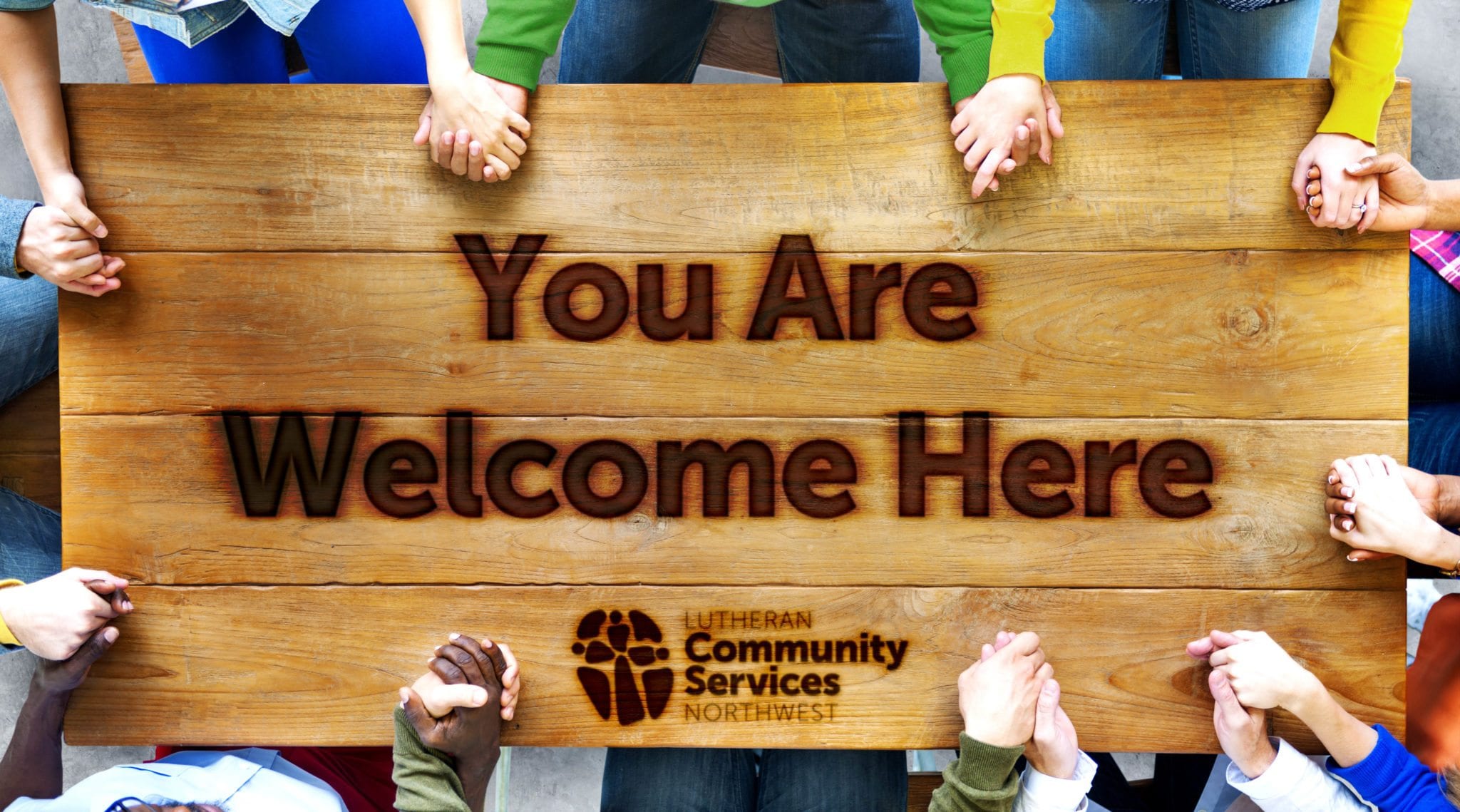(Editor’s note: Amanda Crawmer is a former Miss Washington. She is also a classical pianist. In January 2015, she gave up a successful career as a piano teacher to work for LCSNW. She most recently took on the position of Family System Youth Partner Round Table (FYSPRT) Coordinator. This story is about her son’s experience as a Wraparound program client.)
It was the start of hope. Amanda Crawmer remembers when her son Jack entered the 3 Rivers Wraparound program at Lutheran Community Services Northwest in Kennewick at the start of 2013.
Jack has autism, is low functioning, and has complex needs. He can’t speak, and his ability to comprehend basic directions is limited. Sometimes he can be physically aggressive. At 6 years old, he was headed for long-term institutional placement, something the family didn’t want. LCSNW’s Sharon Gentry did Jack’s Wraparound intake evaluation, and was honest with the parents.
“She said if you’re willing to get creative with us, we’re willing to come to the table and get creative with you,” Crawmer said. “What I learned about Wraparound is it brings everyone to the table and it opens up communication.”
Wraparound is a voluntary, intensive family program with a goal of helping each family build a sustainable team in the community who supports the family’s long-term success. Jack’s Child and Family Team (CFT) began with identifying the family’s strengths, the foundation upon which each plan of care is built.
“For the first time I was treated like the expert of my family,” Crawmer said. “Up to that point, we were feeling like failures as parents.”
With this newfound strength their mindset as parents changed. They learned to be proactive instead of reactive. They were able to anticipate Jack’s needs instead of reacting to them, which led to fewer and less intense behaviors.
“We could make a trip to the park or go to church together,” Crawmer said. “We started doing things and going places as a family.”
A big key to Wraparound is bringing the right people to the table. For example, by improving communications with Jack’s school, they learned he did some things at home that he wasn’t doing in school. They could then work to help Jack generalize his skills in a new environment. Conversations were tough, but barriers started to fall, assumptions were dealt with, and they focused on reality.
“We really needed help, and they wanted to help,” Crawmer said of communicating with her family. “It was just hard to have that conversation about how they could help.”
After 11 months in the program, Jack’s team decided he was ready for graduation. This isn’t about a happy ending though. Jack still has significant challenges, and his future is uncertain.
“Here’s the deal,” Crawmer said. “Wraparound doesn’t fix kids. Kids aren’t broken. We equip families to deal with those challenging behaviors.”


